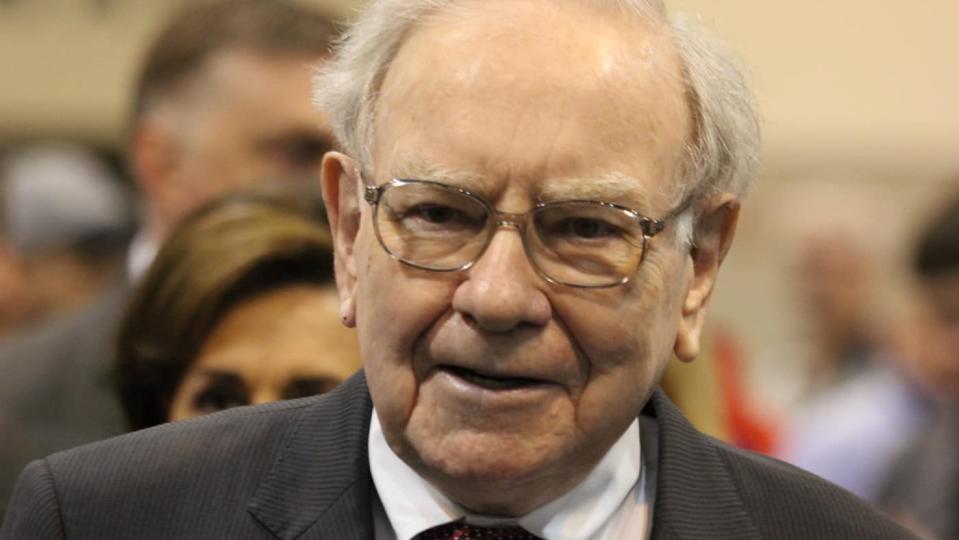This 1 simple investing move accelerated Warren Buffett’s wealth creation

There are a few reasons Warren Buffett has been such a phenomenally successful stock market investor.
One is his long-term approach to investing. Another is his focus on trying to buy quality companies with attractive valuations instead of dredging the market for shares with low prices regardless of business quality.
But I think one simple investing move more than any other helps explain the huge scale of Warren Buffett’s wealth-creation. His company, Berkshire Hathaway (NYSE: BRK.A)(NYSE: BRK.B), has a market capitalisation of $825bn.
Best of all, I could use exactly the same investing technique as a private investor even if I just had a few hundred pounds to invest, rather than Buffett’s billions.
A snowball made of cash
There is a clue to what that technique is in the fact that Berkshire earns billions of dollars annually yet does not pay a dividend.
What does it do with all that money?
The company reinvests it, both in growing its existing businesses and buying new ones.
This technique is known as compounding. Compounding, according to Warren Buffett, is like pushing a snowball down a hill. The further it goes, the more snow it picks up and in turn that snow gets even more snow.
So, if I had £1,000 and it compounded at 8% annually, after a decade it would have turned into £2,159. But after twice as long it would have turned into more than twice that much: £4,600, in fact.
Building the snowball
So how has Warren Buffett managed to use compounding to such incredibly lucrative effect?
First, Berkshire has strong sources of cash thanks to investing in highly cash generative businesses. For example, it owns utility and railway businesses that have little competition and resilient customer demand.
On the other side of the equation, rather than paying that cash out to Berkshire shareholders, the company reinvests them in buying new businesses or shares. Sometimes, if Warren Buffett cannot find businesses in which he wants to invest at their current share price, he saves the cash up for possible future acquisitions.
Applying the Buffett approach
Berkshire owns stakes in companies such as Apple and Coca-Cola. In fact, investing in shares I could buy myself as a private investor has been a large part of Berkshire’s wealth creation machine.
But what is right for the company is not necessarily right for me. Apple shares are now considerably more expensive than when Warren Buffett bought them. I see a risk that they could lose some of their value as competitors ratchet up the pressure on the tech giant, hurting the valuation of Berkshire’s stake.
However, the investing principle of compounding absolutely does make sense for me, I feel.
It is a simple, proven, and surprisingly effective way to grow the value of a portfolio, for example, by using any dividends earned to buy new shares.
It has worked brilliantly for Warren Buffett – and I think it could help me build wealth too.
The post This 1 simple investing move accelerated Warren Buffett’s wealth creation appeared first on The Motley Fool UK.
More reading
C Ruane has no position in any of the shares mentioned. The Motley Fool UK has recommended Apple. Views expressed on the companies mentioned in this article are those of the writer and therefore may differ from the official recommendations we make in our subscription services such as Share Advisor, Hidden Winners and Pro. Here at The Motley Fool we believe that considering a diverse range of insights makes us better investors.
Motley Fool UK 2024

 Yahoo Finance
Yahoo Finance 